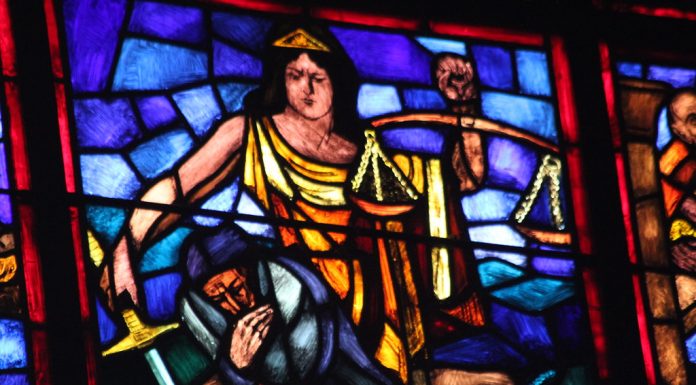Putin’s war in Ukraine has been driving European energy prices to even higher levels. In response, Western politicians are frantically looking for alternatives to Russian energy. For that, one does not need to look very far to end up with Gulf countries – in particular the United Arab Emirates, Saudi Arabia and Qatar. While Germany already closed a gas deal with Qatar, the United Kingdom is trying to convince the Emirates to pump up more oil.
The results so far are mixed. Gulf countries do not seem overly keen to go out of their way to help the West now, as they are annoyed with the perceived lack of Western support in their conflict with Yemen, from where missiles were fired into the U.A.E. earlier this year.
Still, initiatives are ongoing to further open up trade between the West and this dynamic part of the world, which, amongst others, hosts Dubai, a city that has rapidly develop into a global hub for tourism, travel and business.
Last year, the European Union tentatively reopened talks with the Gulf Cooperation Council, which counts Bahrain, Kuwait, Oman, Qatar, Saudi Arabia and the United Arab Emirates as its members, regarding a free trade deal. Attempts to achieve an EU-GCC FTA date back to 1990 but were suspended in 2008. In September, the UK already secured a $13.8 billion investment deal with the Emirates, driving increased investment into sectors including technology, infrastructure, and energy transition. In February, the U.A.E. also agreed a trade deal with India, further indicating its ambitions to bolster trade.
There is a new momentum to enhance strategic cooperation between the EU and countries in the #Gulf, driven by:
☑️#EU–#GCC ministerial meeting in Feb;
☑️upcoming 🇪🇺“Joint Communication on a new partnership with the Gulf;
☑️the opening of an EU Delegation to Qatar later this year. https://t.co/qOMveyCiKP— Cristian Tudor (@CristianTudorEU) March 26, 2022
Also underneath the surface, in society, things are changing. Dubai becoming a global, multicultural melting pot must have contributed to the normalization of relations between the Emirates and Israel in 2020, an achievement which former U.S. President Trump also deserves some credit for. A few weeks ago, a three-way foreign policy summit took place between the leaders the United Arab Emirates, Israel and Egypt, something that would have been unthinkable only a decade ago.
In this respect, it is worth mentioning the role played by the education system in the U.A.E in fostering religious tolerance, and hence peace, stability and multicultural understanding.
In 2011, the U.A.E. government cracked down on demonization of Jews in school textbooks, a problem widespread in the Arab world, often promoted by the Islamist fanatics of the Muslim Brotherhood A new comprehensive study by the Institute for Monitoring Peace and Cultural Tolerance in School Education (IMPACT-se) now shows that these policies have been successful. It did not find any examples of anti-Semitism or incitement toward Jews in the Emirati curriculum.
Interestingly, while commitment to the Palestinian cause is of course still taught, a passage claiming that the Palestinian-Israeli conflict would be “the basis of conflicts in the Middle East” was scrapped. It may seem like common sense that for example conflicts in Yemen or Libya have nothing to do with it, but it is nevertheless a commonly held belief, often used as an excuse to justify the extreme attention for any mistakes made by Israel.
Things really are changing for the better in some places in the Middle East, and better relations between Israel and the U.A.E can only improve the plight of the Palestinians as well. The EU should therefore prioritise securing a Free Trade Agreement with the Gulf countries, which includes the U.A.E., not only to support its own energy diversification, but also to promote tolerance in the region.
Gulf to play key role as EU plans to cut Russian gas imports, says envoy https://t.co/uy6pdxTqwP
— Patrick Simonnet (@eusimonpa) March 11, 2022













